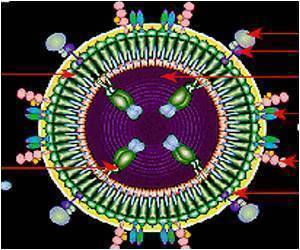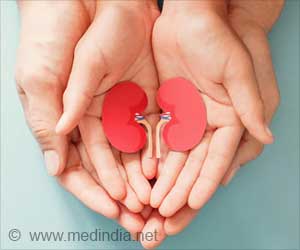Smoking shortens expected lifespan of HIV-infected people by more than 6 years compared with a non-smoker.

- More than 40% of people with HIV are smokers in the US
- HIV patients are prone to the ill effects of tobacco
- Smoking is more hazardous for HIV patients than the HIV virus itself Smoking cuts the lifespan of people living with HIV even more than HIV itself, finds study conducted by researchers at Massachusetts General Hospital (MGH). "A person with HIV who consistently takes anti-HIV medicines but smokes is much more likely to die of a smoking-related disease than of HIV," says Krishna Reddy, MD, of the MGH Division of Pulmonary and Critical Care Medicine and the Medical Practice Evaluation Center, who led the study.
- 40-year-old person who receives HIV care but does not follow recommended treatment; smoking shortens the expected lifespan by more than 6 years compared with a non-smoker
- For a person who adheres well to antiretroviral treatment, smoking shortens lifespan by more than 8 years - about double the impact of HIV itself.
- For smokers, when they enter HIV treatment regimen, quitting smoking, particularly at younger ages, was shown to reverse life expectancy by more than 8 years - about double the impact of HIV itself.
Findings of the Study
Reddy adds, "Unfortunately, smoking cessation interventions have not been widely incorporated into HIV care. Given how common smoking is among people with HIV, now is the time to change that." Reddy is an instructor in Medicine, Baggett is an assistant professor of Medicine and Walensky is a professor of Medicine at Harvard Medical School.
The report is being published online in the Journal of Infectious Diseases .
Source-Medindia















